

Your free- source of information, news, and deep dive into the latest science in the world or fitness and health. We dive deep into the literature and debunk a lot of fake claims. Also, providing helpful tips and workouts to improve your health and quality of life.

New research found that out of 38,000 healthy patients between the ages of 20-86 who were active, physically fit men and women were more than twice as likely to become moderate or heavy drinkers compared to out-of-shape/ non-active people. The study shows a relationship between physically fit adults and alcohol, and the link might be due to the reward mechanism in our brain. As men and women perform intense and tough workouts, they often will consume alcohol as a reward for their hard work. Alcohol is a depressant, and alcohol has a brief numbing affect that might appear to be stimulating to fit people due to soreness. More research is required for the link between the two, however, there’s a clear relationship between physical activity and alcohol.
When it comes to alcohol, the research has been slightly conflicting. Some data shows support for alcohol improving cardiovascular function whereas other data shows an increased risk of all cause mortality. A recent evaluation of alcohol consumption shows less than 2 drinks per day for men and 1 for women did not impact health. However, the latest dietary guidelines recommend zero alcohol consumption as alcohol doesn’t provide any health benefits.
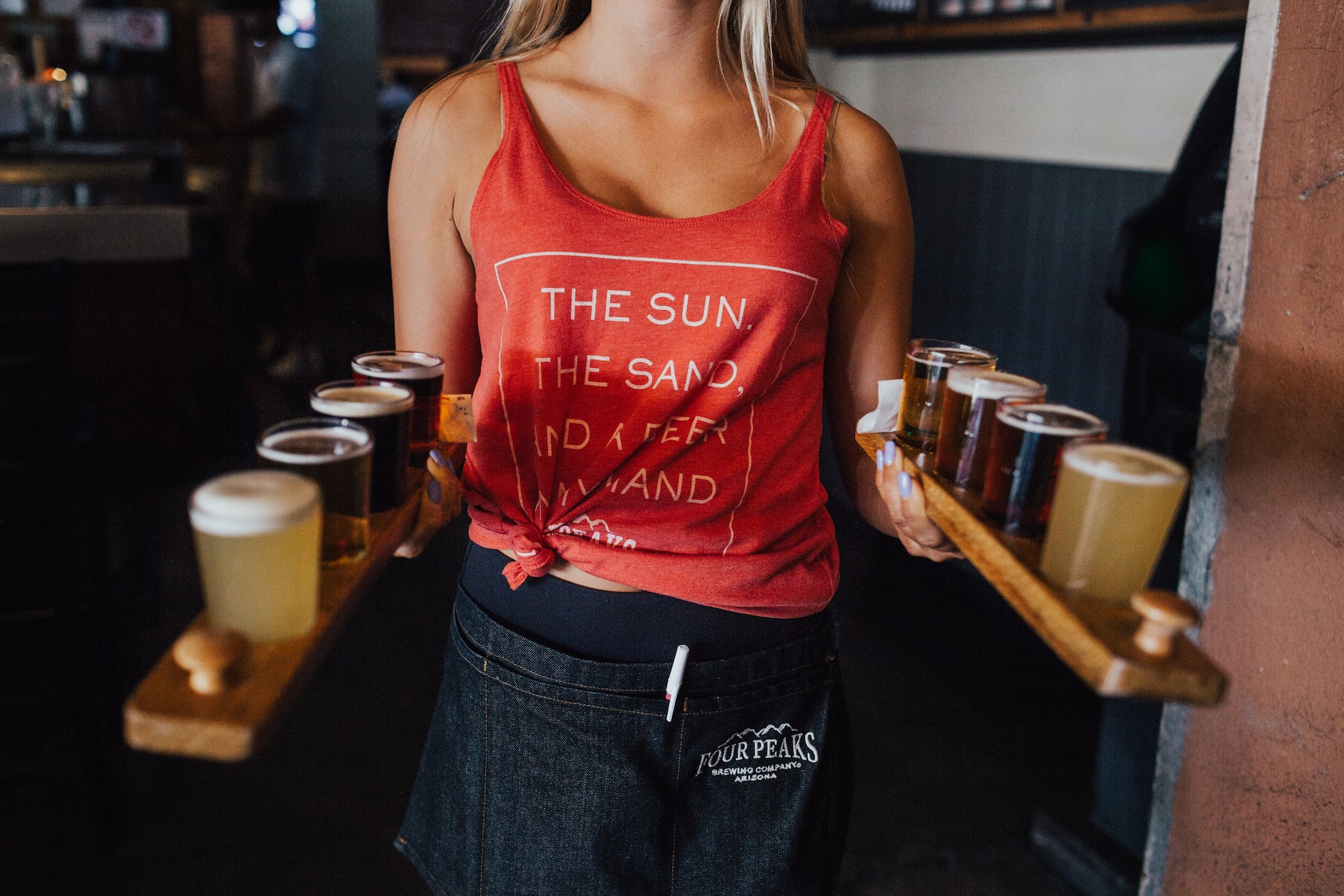
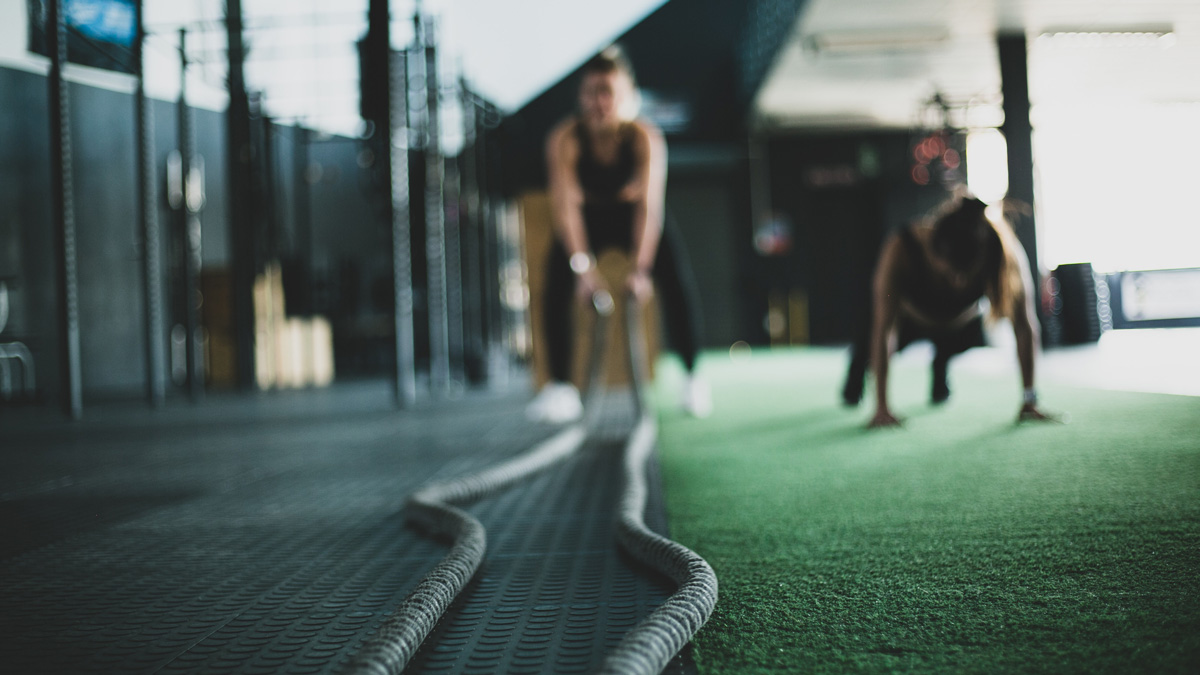
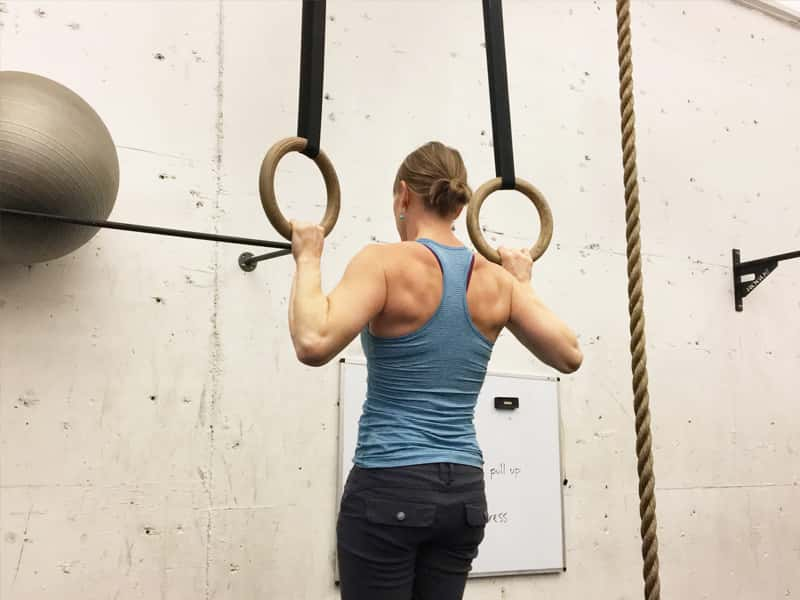
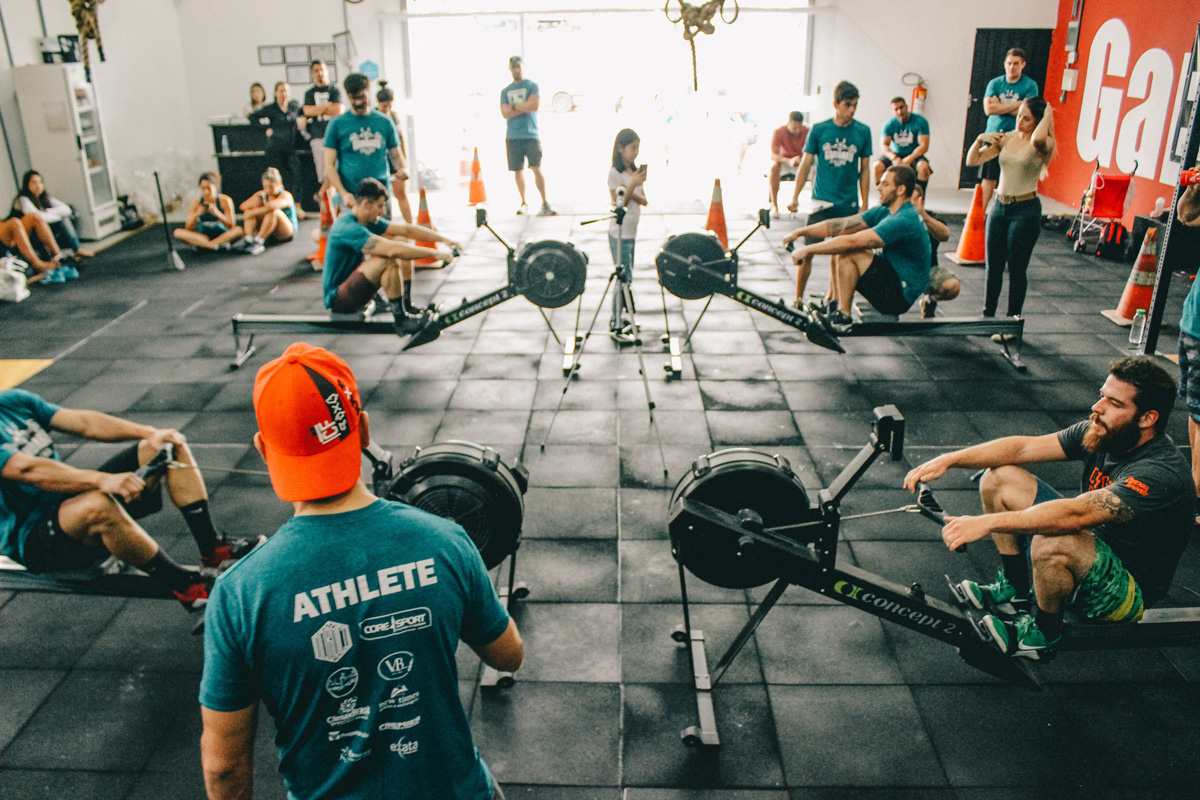
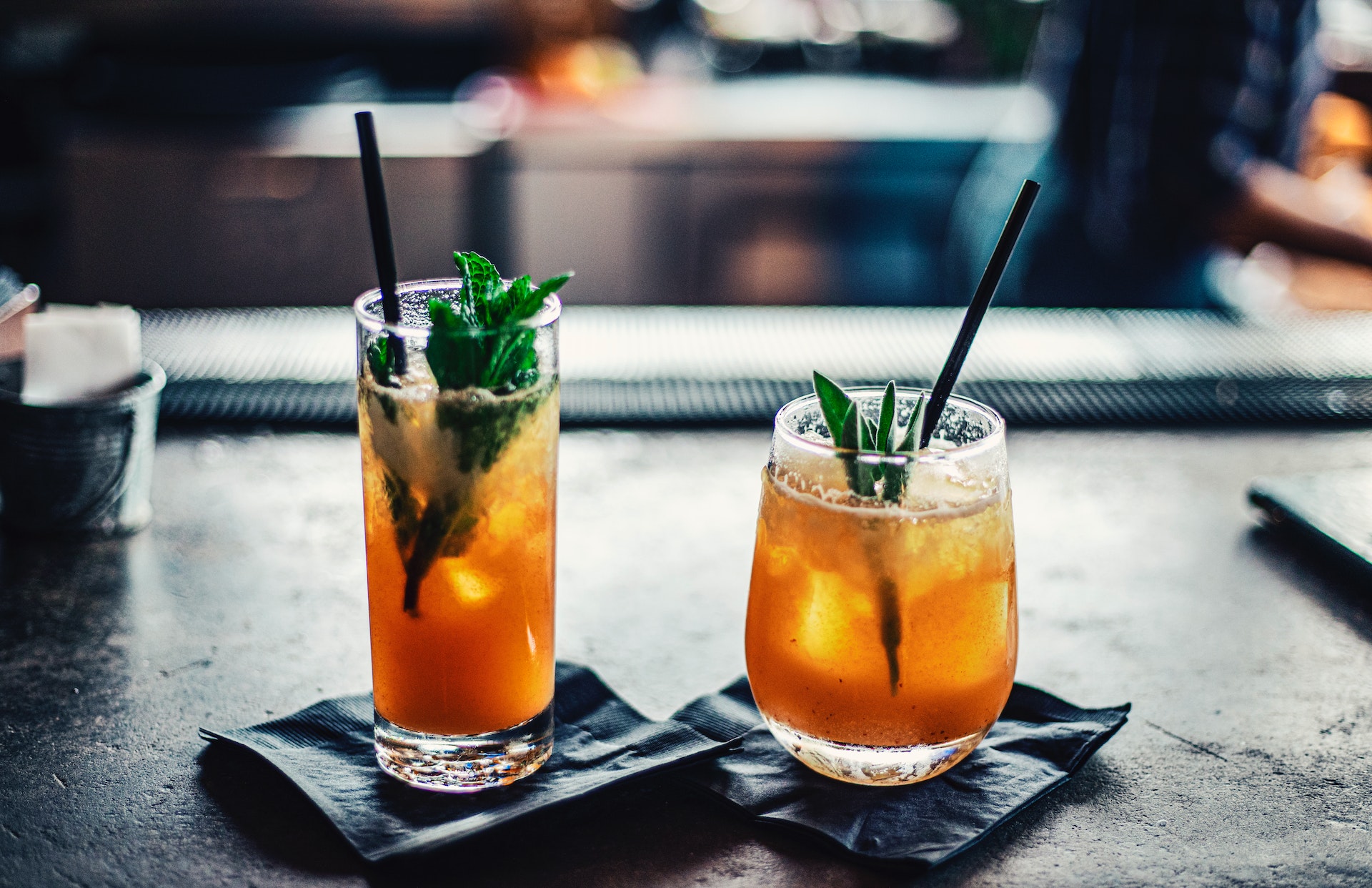
If you don’t drink alcohol, then it’s not recommended to start drinking, but again, life is short. In short, consumption is key like anything. Moderate drinking (1-2 drinks per day) will not impact your health. However, overconsumption of alcohol for longer durations can impact your liver, heart, increase risk of cancer, and mental health.
A lot of publications show a correlation between alcohol consumption and poor diet. What we need to see more studies on is healthy, active adults with great diets who consume alcohol, and then investigate the impact of health risks. It’s factual that many moderate to high alcohol consumers aren’t health focused or focus on a healthy lifestyle that would decrease your risk for health complications. However, the data is clear for high consumers, impacted health and sleep complications will occur. As a result of lack of REM sleep, (Rapid Eye Movement or known as deep sleep) you’re at an increased risk for brain health including mental stability, (Depression and anxiety) and cognitive diseases. In addition to the physical health risks, a major impact of alcohol is poor judgment resulting in violence, automobile accidents, suicide, and murder. About 10,000 people die annually due to traffic accidents where alcohol was involved. For women, increased risk of breast cancer is associated with alcohol consumption. Researchers found that having 2-5 drinks a day compared with no drinks increased the risk of developing breast cancer by 41%. However, genetics, lifestyle and diet were not identified in the study of over 320,000 women. However, women can significantly reduce our risk by increasing folate into their diet as we’ll explain later.
When it comes to alcohol, the research has been slightly conflicting. Some data shows support for alcohol improving cardiovascular function whereas other data shows an increased risk of all cause mortality. A recent evaluation of alcohol consumption shows less than 2 drinks per day for men and 1 for women did not impact health. However, the latest dietary guidelines recommend zero alcohol consumption as alcohol doesn’t provide any health benefits.
As much as we try to reduce alcohol consumption, many of us choose not to eliminate alcohol because we enjoy the taste, the relaxing effect, or we simply require it during social events. Regardless of our reason, it’s important to make sure you take care of your health to repair the damage.
A lack of folate in the diet increases the risk of breast cancer in women. Researchers found alcohol can deplete the body of Folate, which is a B-vitamin that is naturally occurring in many foods like vegetables, fruits, nuts, and beans. Folate is also added to many fortified cereals, bread, pasta, and rice. Recommended daily intake is about 400 mcg a day.
Gamma- Aminobutryic Acid is naturally occurring in the brain, and it’s a neurotransmitter that reduces stress and improves sleep. In addition, GABA also regulates the nervous system. Alcohol can pass the blood-brain barrier, and it’s an antagonist of GABA receptors. Alcohol is a nervous system depressant, and GABA can’t bond to the same receptors as alcohol takes its place. However, once alcohol leaves the body, GABA is still suppressed, which can cause anxiety, depression, and may lead to addiction. It’s not recommended to take GABA before or while drinking. The recommendation for a GABA supplementation is the following morning with plenty of water. GABA supplements are still being studied, and while results are mixed, side effects are low. GABA proteins can be found in many veggies, so it’s better to eat a healthy meal full of fruits and vegetables than a greasy, fatty meal even though one sounds better than the other.
Like GABA, L-Theanine also passes the blood-brain barrier and contributes to relaxation. This amino acid has been shown to relieve stress disorders, improve mood, sleep, and some studies show an increase in cognitive function. Like GABA, L-theanine plays an important role in the nervous system, but its greatest benefit is repairing damaged liver caused by inflammation from alcohol. A recent study has shown that L-theanine was able to significantly reduce inflammation from alcohol in the liver. Acute alcoholic liver injury (AALI) is damaged to the liver caused by high alcohol consumption. Other benefits include anti-cancer properties due to its ability to regulate metabolic pathways and is a powerful antioxidant.
Alcohol will destroy the healthy bacteria in your digestive system, which can disrupt hormones and cause you to be hungrier. Due to the uptake of the hunger hormone, ghrelin, we select food options that are less nutritious. A probiotic will help restore the microbiota and improve the gut-liver-brain axis. Since alcohol passes the brain barrier, alcohol provokes oxidative stress and contributes to neuroinflammation. However, probiotics play an important role in reducing the negative effects associated with higher alcohol consumption.

No need to over complicate a multivitamin containing all the essential micronutrients and replenishing nutrients lost during alcohol consumption. Any basic multivitamin will do the trick.
If you choose to drink, try to reduce alcohol consumption. However, if you drink in higher volume, then plan accordingly. Try to drink plenty of water before consuming and be sure to know the effects alcohol plays on your body. It’s also important that if you choose to consume alcohol regularly, then you’ll want to eat a healthier diet. Although, moderation is key in to staying healthy and fit!